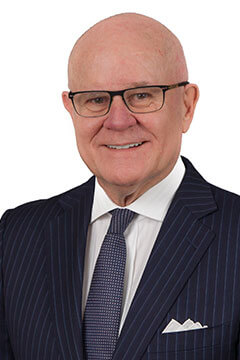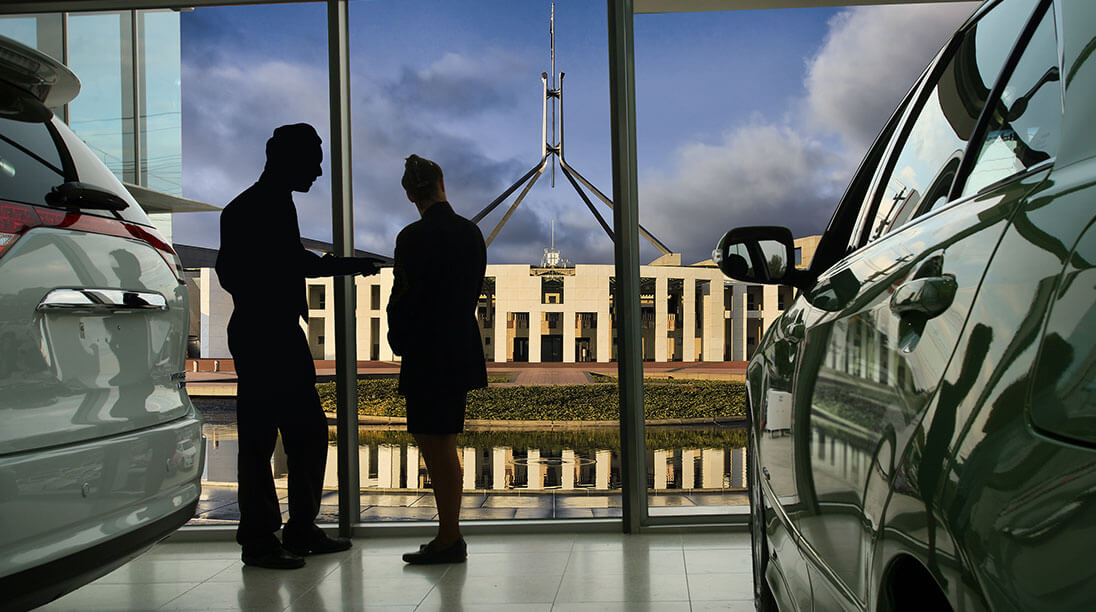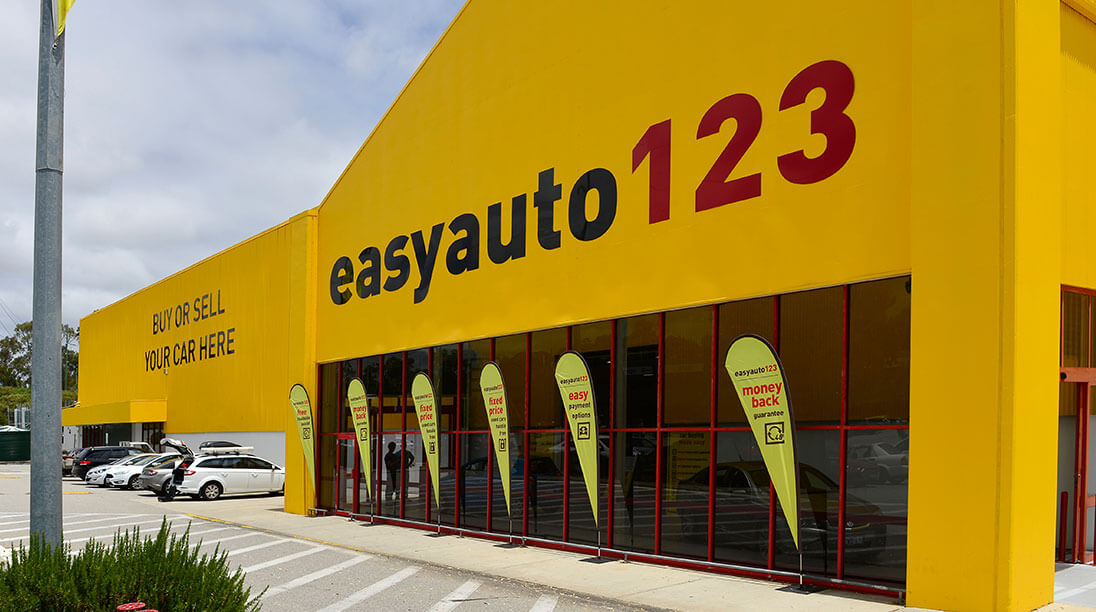
David Blackhall
THE Australian Labor Party has withdrawn its contentious pre-election proposal to have dealers responsible for the emission levels of the cars they sell after discussions between the Australian Automotive Dealer Association (AADA) and shadow minister for climate change and energy Mark Butler.
The news that Labor would review its proposal – which sparked furore among dealers around the nation – comes after AADA chief executive David Blackhall flew to Canberra to discuss the ALP’s proposal to slash emissions by mandating that electric vehicle sales reach 50 per cent of Australia’s new-vehicle total by 2030.
Mr Blackhall has told GoAutoNews Premium that Labor had seen the error in placing the onus of controlling vehicle emissions at the point of retail and made a commitment to issue a modified statement. No timing has been placed on this statement.
Mr Blackhall said his meetings with the ALP resulted in an admission that a mistake had been made and that there was no intention for the retail dealer to be responsible for the compliance issues of EVs. It had always intended it to be the responsibility of the importers.
“This is an important step and hoses down a lot of the phone calls and concerns we have from our membership. It’s a big win to reverse the ALP’s stance,” Mr Blackhall said.
But he said that while he appreciated Mr Butler’s understanding of the issue of dealers having no control over compliance, there were still many areas of the EV policy than needed addressing. He said the AADA was looking forward to working with Labor to help develop the final policy on EVs should the party win power.
The furore in the industry followed Bill Shorten outlining a series of climate solutions involving EVs that were seen as both impractical and mostly impossible to implement.
The proposal has been slammed by some industry groups and termed “loosely worded” and “poorly thought through”. The comparison between Australia and Norway was also described as “idiotic”.
The Victorian Automobile Chamber of Commerce (VACC) says it is very concerned about the increase in EVs being made without a plan for EV infrastructure such as charging and parking. It is also worried about the dedicated training that will be vital for the safe repair and maintenance of EVs.
The VACC’s head of marketing, media, communications and publications David Dowsey said the chamber’s main concern about EVs is not the vehicles themselves.
“We welcome Labor’s commitment and are very supportive of electric technology and other alternative power sources,” he told GoAutoNews Premium.
“But future infrastructure and training requirements appear to have been given little forethought.
Overall, the proposal lacks data and it lacks rigour. There is no analysis or charts, no pathway laid down in hard facts. Clearly the conclusion here is that it is an electioneering tool and has very little to do with actual, practical policy.
“If sales ramp up towards 50 per cent in the coming 30 years, extensive charging infrastructure needs to be put in place, and this needs designing right now.
“Where will this equipment be placed? How many vehicles per day can it service? Will this be enough to accommodate a carparc building towards millions of vehicles in the near future?”
Mr Dowsey said the VACC is also concerned about who will safely and correctly service and maintain electric vehicles.
“As is proven by the current situation, OEMs and their dealerships will not be able to service and maintain the amount of vehicles that they actually sell, putting the burden on aftermarket repairers,” he said.
“This means that these businesses will need to train and tool up for the coming onslaught of EVs and OEMs will need to supply all necessary repair information to the aftermarket.
“If it doesn’t we could have a serious safety issue occurring where people potentially risk their lives working on electrical systems that are potentially very dangerous.”
Mr Blackhall said that all dealers wanted “cleaner, greener cars and a cleaner, greener planet”.
“As car retailers, we’d love to sell electric cars to people who want to buy them,” he said.
“Right now, no-one wants to buy them unless they are wealthy individuals who can pay $150,000 or even $40,000 to $50,000 on a Hyundai Ioniq or Renault Zoe.
“The basic point is: We are not against EVs. We never have been. Give us product and we will sell and sell and sell. We just want practical policies.”
The AADA chief said the organisation was “completely blindsided with the idea that dealers would in any way be responsible for the administration of a target of 50 per cent electric vehicles” after reading the ALP’s policy document.
“Even with the best will in the world, no retailer could control the mix of vehicles that come into this country,” he said.
“That has to be controlled and monitored and managed at the point of entry into this country and therefore you have to manage the importers and distributors and manufacturers.”
Mr Blackhall also pointed to Labor’s comparison between vehicle usage of Norway and Australia as another weak point in the proposal.
He said Norway has 385,000 square kilometres of land mass, whereas Australia has 7.7 million. That it has a population of five million, whereas we have 25 million. That it has a road network of 93,000km, while we have 913,000km. And Norway provides massive tax relief for EVs because it has almost free-of-charge hydroelectricity.
He added that buyers of new EVs in Norway do not pay purchase taxes or the 25 per cent GST equivalent, have free parking and free tolls and that Australia has none of this and no plans to implement them.
It’s a grab-bag of populist ideas that have been assembled into a document that has no rigorous data backing it up.
“Norway is a wealthy country that exports nearly all its oil and gas and has a massive sovereign wealth fund that it uses to benefit its citizens,” he said.
“Australia has 19 million cars on the road, all being internal combustion. Norway has three million cars.
“This is the most idiotic comparison anyone could think of and yet this is the benchmark that Bill Shorten is using.
“Overall, the proposal lacks data and it lacks rigour. There is no analysis or charts, no pathway laid down in hard facts. Clearly the conclusion here is that it is an electioneering tool and has very little to do with actual, practical policy.
“We certainly look forward to working with the opposition if they become government on the practicalities on moving to a greener solution for Australia over time.
“We don’t see this plan as it is now written as having too much of a logical framework around it.
“It’s a grab-bag of populist ideas that have been assembled into a document that has no rigorous data backing it up.”
The AADA also believes that, in terms of the bigger picture, Labor’s proposal does not solve climate change problems by moving the vehicle emissions from the tailpipe to the chimney stack.
“Australia has a 73 per cent coal-fired power generation network. Renewables are seven per cent,” Mr Blackhall said.
“When you are drawing from that kind of grid, you are not making much of a net gain.
“It’s better than nothing but not really making much of an impact on the 1.3 per cent that Australia contributes to global greenhouse emissions.”
The Coalition government has yet to make any comment or present its policy on EVs.
By Neil Dowling













 Read More: Related articles
Read More: Related articles

